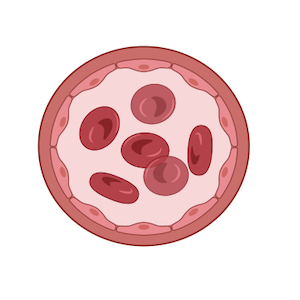Prolonged prothrombin time in a rare case of vitamin K deficiency: a case report and a narrative review

Published: 21 November 2023
Abstract Views: 734
PDF: 251
HTML: 252
HTML: 252
Publisher's note
All claims expressed in this article are solely those of the authors and do not necessarily represent those of their affiliated organizations, or those of the publisher, the editors and the reviewers. Any product that may be evaluated in this article or claim that may be made by its manufacturer is not guaranteed or endorsed by the publisher.
All claims expressed in this article are solely those of the authors and do not necessarily represent those of their affiliated organizations, or those of the publisher, the editors and the reviewers. Any product that may be evaluated in this article or claim that may be made by its manufacturer is not guaranteed or endorsed by the publisher.

 https://doi.org/10.4081/itjm.2023.1665
https://doi.org/10.4081/itjm.2023.1665




